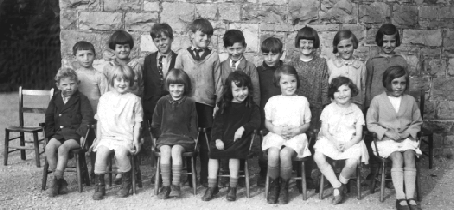

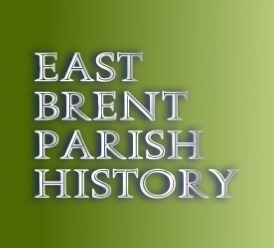
Workhouse life
The 1834 Poor law Union workhouse.
In 1831 an average of 8s.1d per person per annum was spent on the relief and accommodation of the poor and destitute.
In order to make the accommodation and care of the poor more economical, in 1834 the Union Workhouse act was introduced.
This enabled the establishment of large Workhouses or Poor Law Institutions that would cater for a larger area or Union of parishes. The conditions and rules in these larger establishments were sometimes even more harsh and impersonal than the local poorhouse.
However for some, such as unemployed farm servants, the facilities were better than living in the unsanitary and tumbledown hovels that they were sometimes forced to call home!
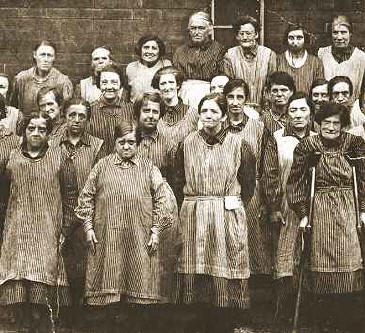
Workhouse women.
The old, the infirm, the handicapped and the able bodied poor were all accommodated together.
Husbands and wives were separated into dormitories and not allowed to meet, and many children were housed separately from their parents on the premise of giving them a Christian upbringing.
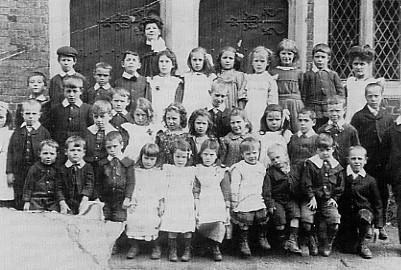 Workhouse children.
Workhouse children.
Orphaned and children of long term inmates were given basic education and training. And often from the age of 12 years, were apprenticed for up to seven years to work in the local community as domestic servants and farm labourers etc. where their masters were liable for their welfare.
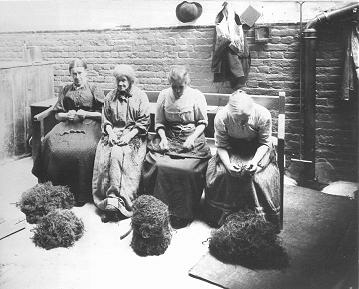
All able-bodied inmates, men, women and children were put to work locally or on onerous tasks such as scrubbing floors, laundry, breaking stones and picking Oakum.
Women picking Oakum.
(Short lengths of tarred rope which had to be unpicked to be re-used for ramming between the planks on ships to make the decks etc watertight)
Note: These images are not from the Axbridge Workhouse.
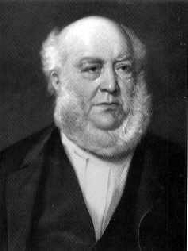
Fortunately, for the poor and destitute within the Axbridge Union Area, The Axbridge Workhouse was mostly run, as humanely as was possible subject to the rules and regulations laid down at the time.
Richard Trew the Mayor of Axbridge was appointed Clerk to the Board of Guardians of the Axbridge Union almost from its beginning until his death in 1874.
He was responsible for the setting up, overseeing the conduct, the administration and the running of the workhouse.
Richard Trew had a humanitarian view of the poor and needy and worked tirelessly for their needs.
From: The Book by Virginia and Stanley Castle
ISBN 0 - 9521777 - 0 - 6
Richard Trew 1793 - 1874
MAYOR OF AXBRIDGE
A History of Axbridge
in the Nineteenth Century
Richard Trew
1793- 1874
Mayor of Axbridge
